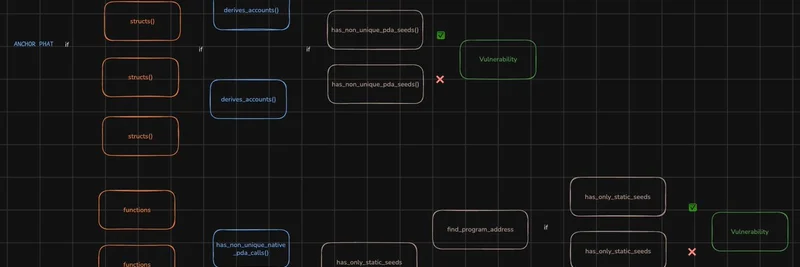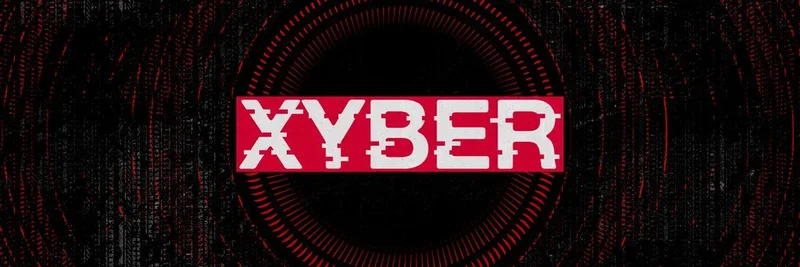In the fast-paced world of Solana development, where meme tokens can skyrocket or crash in hours, security tools are a developer's best friend. Security researcher Sergio (@Seecoalba) recently dropped a gem on X with his 트윗 introducing the Solana Static Analyzer, spotlighting its PDA sharing algorithm. This tool is designed to sniff out potential vulnerabilities in Solana smart contracts written in Rust, making it a must-have for anyone building on the blockchain.
What Is the Solana Static Analyzer?
At its core, the Solana Static Analyzer is a static analysis tool that scans your Solana projects—whether they're using the Anchor framework or native Rust—for security flaws, code quality issues, and vulnerabilities. It works by parsing your Rust code into an Abstract Syntax Tree (AST) and applying a set of rules to flag problems. Think of it as an automated code reviewer that catches bugs before they become exploits.
The tool supports custom rules via a Domain-Specific Language (DSL), allowing you to tailor detections to your needs. It categorizes issues by severity: high (like unsafe code or missing signer checks), medium (such as division by zero or duplicate mutable accounts), and low (including missing error handling). Reports come in handy Markdown format, perfect for sharing with your team.
For meme token creators, this is huge. Many meme projects launch with minimal auditing due to tight timelines, but tools like this can provide a quick safety net, helping prevent common pitfalls that lead to hacks or fund drains.
Spotlight on the PDA Sharing Algorithm
Program Derived Addresses (PDAs) are a key feature in Solana. They're addresses generated deterministically from a program ID and seeds, allowing programs to control accounts without private keys. However, if PDAs share seeds or lack uniqueness, it can open doors to unauthorized access or account hijacking—vulnerabilities that have plagued some projects.
Sergio's tweet highlights the PDA sharing algorithm, which checks for these issues across two main paths: Anchor (Solana's popular framework for building programs) and native Rust implementations. The diagram below illustrates the logic flow, showing how the tool evaluates seed uniqueness and potential sharing.
In the Anchor path, it scans structs deriving accounts, checking if they have non-unique PDA seeds. If they do, it's flagged as a vulnerability. The native path looks at functions calling PDA methods like find_program_address or create_program_address, ensuring seeds are static, unique, and not shared across domains.
The accompanying code snippet from the tool's implementation shows the Rust functions powering this detection, including checks for unique seeds and shared domains.
This algorithm helps developers ensure their PDAs are secure, reducing risks in decentralized apps, token launches, and yes, those viral meme coins.
How to Get Started with the Analyzer
Getting up and running is straightforward. Clone the repo from GitHub and build it with Cargo:
git clone https://github.com/scab24/Solana_Static_Analyzer.git
cd Solana_Static_Analyzer
cargo build --release
To analyze a project, use commands like:
cargo run -- --path /path/to/your/project --analyze --output report.md
Add RUST_LOG=debug for verbose output. You can ignore files or focus on specific ones, making it flexible for large repos.
Why This Matters for Meme Tokens
Meme tokens thrive on hype, but they're often built hastily on Solana due to its speed and low fees. Vulnerabilities like PDA sharing can lead to exploits, eroding community trust and tanking prices. By integrating static analysis early, developers can bolster security without slowing down launches. It's a step toward more robust blockchain ecosystems, where even fun projects prioritize safety.
If you're diving into Solana dev or managing a meme token, give this tool a spin—it could save your project from a costly mistake. Follow Sergio for more updates, and check out the full repo for contributing or customizing rules.


